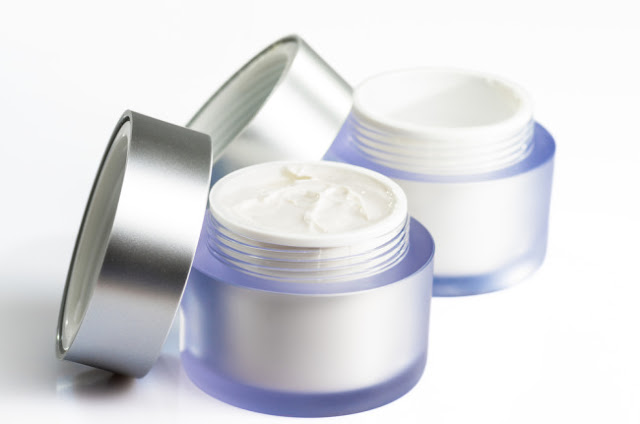Mercury is Dangerous to Our Bodies Through This Method
Mercury or mercury is a chemical that belongs to the metal group but is liquid at room temperature. If absorbed by the skin, inhaled, or swallowed, mercury can be dangerous to health. Liquid mercury vaporizes easily, quickly changing its form into gas even at room temperature.
Mercury is present in nature through natural processes, but helps to explore the air through pollution from industrial waste disposal. Mercury that flies in the air then falls and accumulates in the waters, both rivers and seas.
In the environment, the liquid that is often used in this thermometer is then turned into methyl-mercury by microbes. This methyl-mercury deposit in nature is potentially dangerous, because it has the opportunity to pollute drinking water and food sources. The groups most at risk for the adverse effects of mercury in drinking water are fetuses in the womb and children, because their immune system is not as strong as adults.
Where Does the Danger of Mercury Come from?
Currently, there are many things that are closely related to human daily life and environmental conditions that need to be aware of regarding the mercury content in them, including:Cosmetics
Many Indonesian women who want to have whiter skin. This makes whitening and skin lightening products sold in the market. In fact, not all cosmetics for skin whitening contain safe ingredients. There is still soap and cream on those containing mercury or mercury.
In the process of working, mercury can indeed inhibit the formation of melanin, aka skin pigment. The inhibition of melanin formation then makes the skin color brighter.
However, the side effects of mercury cosmetics are also very dangerous. There are two types of mercury, namely organic and non-organic. In cosmetics such as soaps and face creams, mercury that is used generally is a type of non-organic.
Food material
Mercury which settles in the waters is then processed by certain microorganisms and converted into methyl-mercury. This highly toxic material then enters the bodies of fish, shellfish and other fish-eating animals. It is through these fish and shellfish that mercury in the form of methyl-mercury enters the human body.
The distribution of mercury affects almost all types of fish and shellfish. However, fish that are bigger and live longer will contain more methyl-mercury, because the fish have a longer time to accumulate these hazardous materials. Some types of large bodied fish that should be avoided for this reason are swordfish, sharks, tuna, and mackerel.
Mercury-polluted air
In addition to cosmetics and food ingredients from the sea, mercury can also be inhaled by humans. Mercury-polluted air is usually caused by industrial and mining processes, such as coal burning, power generation and gold mining. This mercury is then released into the air and potentially enters the human body through the respiratory system.
What is the danger from mercury?
Mercury must be avoided because it has harmful health effects. Broadly speaking, the following are the dangers due to over exposure to mercury to humans:In fetuses, infants, and children
Exposure to excessive mercury in pregnant women can have an impact on the nervous system and fetal brain growth. While for children who are over-exposed by this material it is likely to affect the performance of the brain in terms of thinking ability and cognitive function, language skills, and fine motor skills. In addition, the impact can be seen in the ability to remember, visual spatial skills, and children's learning abilities.
In adults and the elderly
The amount of mercury in the human body in general can harm the brain, heart, kidneys, lungs, and immune system. This can apply to anyone of any age. Someone who experiences mercury poisoning or mercury, can feel the following symptoms:
- Tingling in the body such as in the hands, feet, and around the mouth.
- Impaired body coordination function.
- Vision and hearing loss.
- Weak muscles.
- Impaired walking, talking, or listening.
- Tremors or trembling body.
- Mental changes, such as feeling anxious and confused.
- Headache.




Comments
Post a Comment